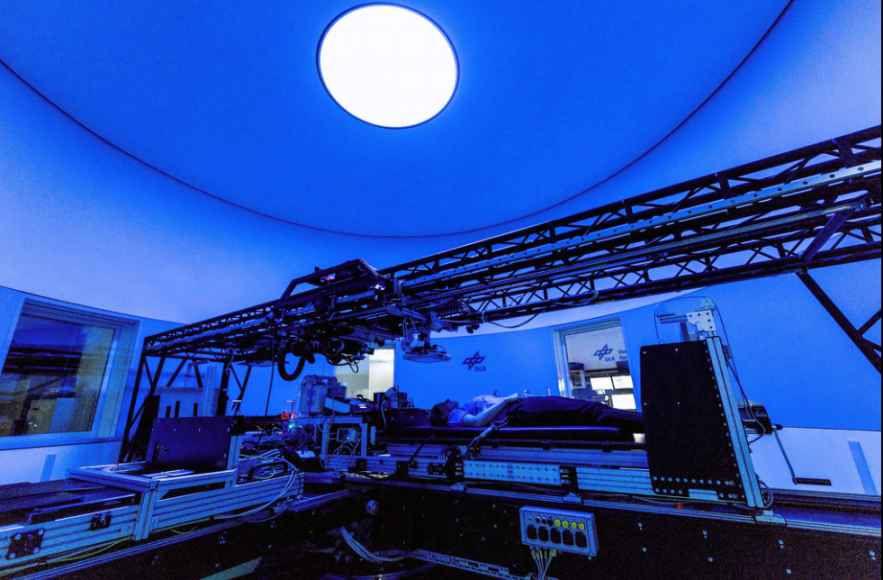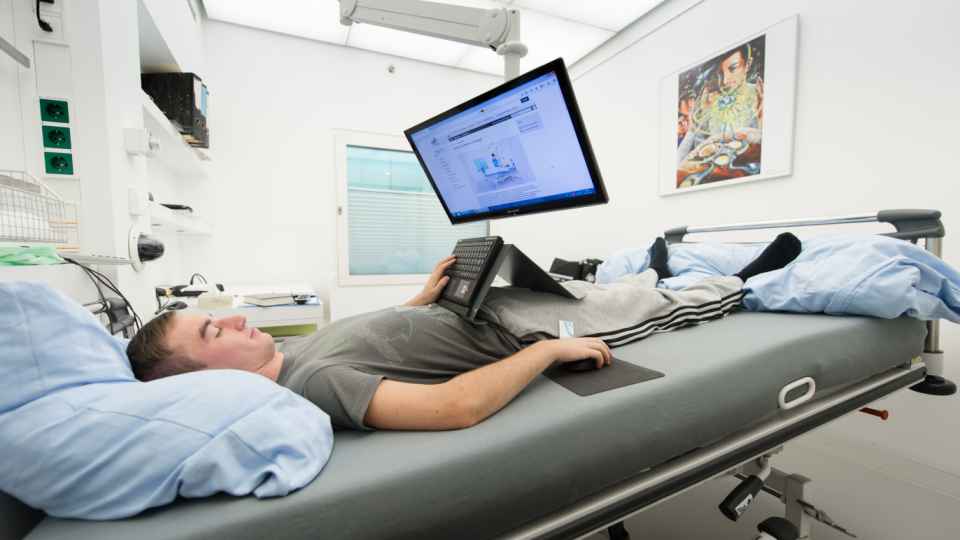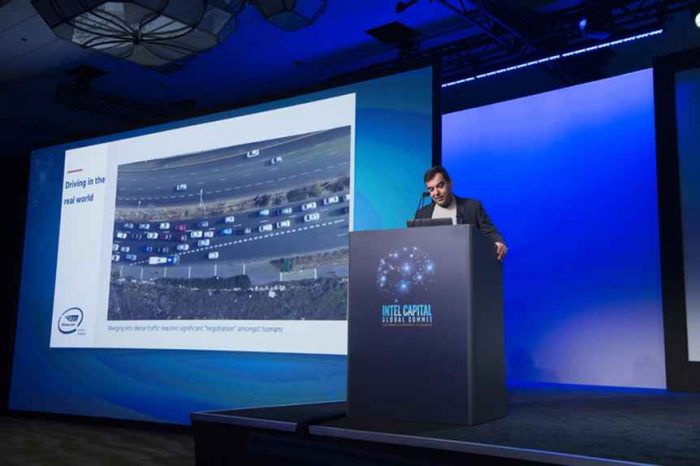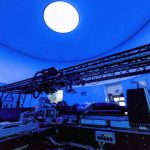NASA wants to pay you $19,000 to stay in bed for 2 months

Are you interested in earning $18,522 in just two months? If you hate waking up early in the morning, this 2-month gig from US The National Aeronautics and Space Administration (NASA) might be a perfect fit for you. NASA, in collaboration with the German Aerospace Center and the European Space Agency, is looking for people to lay in bed for 60 days. But you have to hurry as NASA is only looking for 24 volunteers. The experiment is all part of the effort by NASA scientists to study the effects of weightlessness on astronaut health. The AGBRESA (Artificial Gravity Bed Rest – European Space Agency) study utilizes a daily centrifuge session with the aim of testing a possible countermeasure for the negative effects of microgravity on physiological, neurological, and behavioral outcomes.
The bed rest studies, which is most likely to take place later this year, will offer scientists ways to see how the body adapts to weightlessness. According to NASA, “the volunteers will spend up to 70 days in bed with a six-degree head-down tilt. They must eat, exercise, and even shower in the head-down position. This causes their bodies to adapt as if they were in space. They are continuously monitored to understand how their bodies change and why. Results allow measures to be devised that will help astronauts on space missions as well as bed-ridden people on Earth.”

Lying in Bed for the Sake of Science: NASA Co-Sponsors Bed Rest Study in Germany
The idea is to simulate the negative effects that weightlessness has on the human body and develop methods to counteract those effects. The major countermeasure will be a human centrifuge that will simulate artificial gravity.
So what can you do while laying in bed? Spending many days in bed might sound great, but most participants agree boredom sets in quickly. Daily routine—showering, getting dressed, eating, exercising—takes a lot of time when you cannot stand up to do them. There is continuous data collection—blood pressure, heart rate, nutrient absorption, energy expenditure, bone mass and even the participants’ mood. Diet is strictly controlled giving participants little choice as to what or when they eat. Participants are encouraged to set a goal such as learning a new language or taking a class online. Family and friends are allowed to visit which can offer a welcomed distraction.
You can visit NASA website to participate in the experiment.

